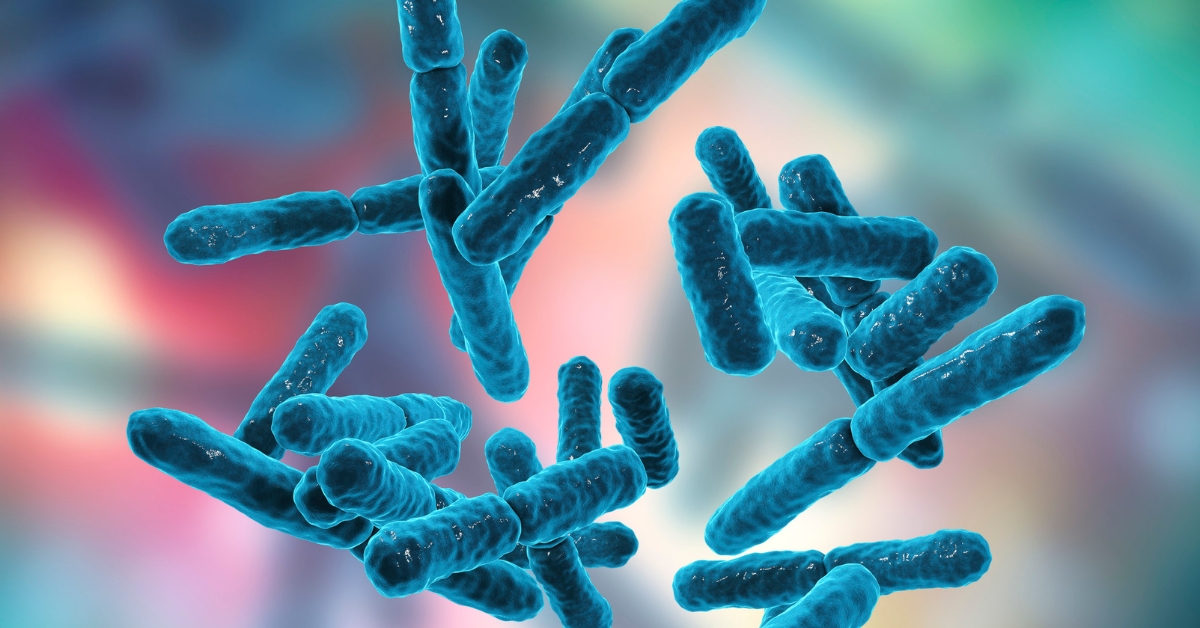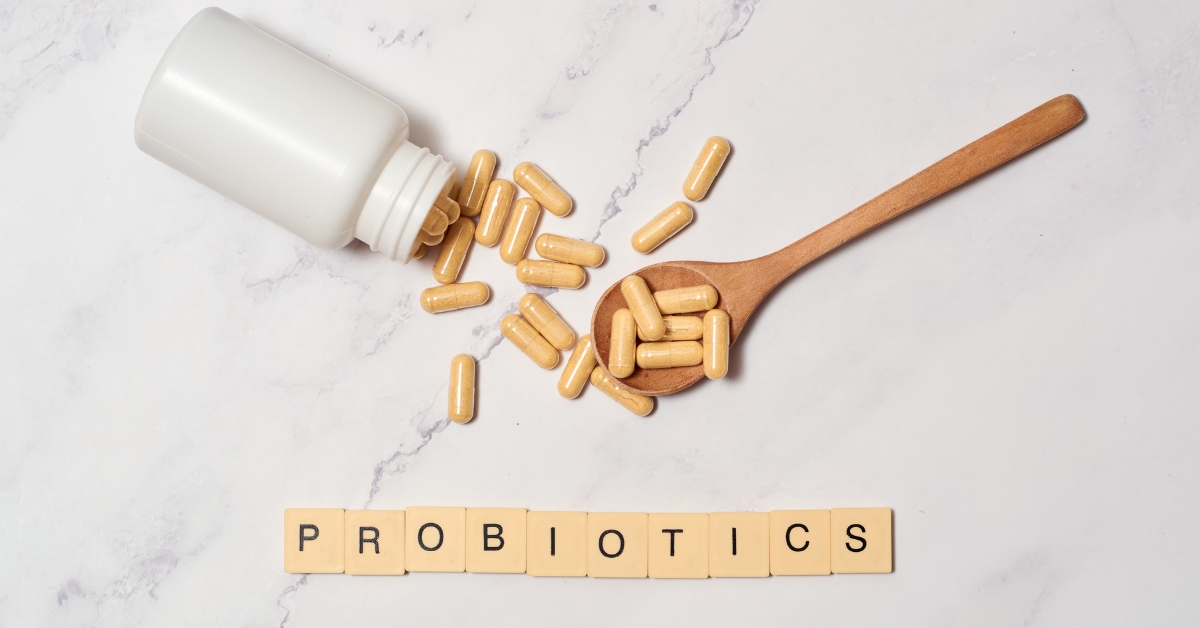Intestinal health is a fundamental pillar of overall well-being and has become a central topic in both medical research and modern nutrition.
Our gut not only handles the digestion and absorption of nutrients but also acts as an important modulator of the immune system, influences metabolism, and even has connections with our mental health.
In a world marked by stress, the indiscriminate use of medications, and less-than-ideal eating habits, maintaining a balance in the gut microbiota becomes essential to prevent various diseases and optimize the overall functioning of the body.
The growing body of scientific evidence has placed two key components at the forefront of the discussion: probiotics and prebiotics. While probiotics are live microorganisms that, when incorporated into the diet, can directly contribute to microbial balance, prebiotics are indigestible compounds that serve as the necessary fuel for these beneficial bacteria to thrive.
However, despite the abundance of available information, questions still remain about exactly what they are, how they differ, and how they specifically impact intestinal health.
This blog aims to clarify these concepts by offering a detailed, evidence-based perspective on the role of probiotics and prebiotics in promoting a healthy digestive system. Throughout this discussion, we will examine their mechanisms of action, the fundamental differences between them, and how their integration into daily nutrition can positively transform our quality of life.
The information presented here is grounded in scientific studies and verifiable data, enabling those seeking to improve their intestinal health to make informed, science-backed decisions.
What Are Probiotics?
Probiotics are live microorganisms—including bacteria and some yeasts—that, when consumed in adequate amounts, offer proven health benefits. Genera such as Lactobacillus and Bifidobacterium have been widely studied for their ability to help restore and maintain the balance of the gut microbiota. These microorganisms act directly in the gastrointestinal environment by:
- Competing with pathogens: By occupying specific niches in the gut, they prevent the colonization of harmful microorganisms.
- Stimulating the immune system: They promote a balanced immune response, resulting in enhanced defense against infections.
- Producing beneficial metabolites: They contribute to the synthesis of organic acids and bacteriocins that help maintain a healthy gut environment.
Scientific studies have demonstrated that the regular consumption of probiotics can improve digestion, reduce the incidence of diarrhea, and assist in the management of digestive disorders such as irritable bowel syndrome.
What Are Prebiotics?
Unlike probiotics, prebiotics are non-digestible food components that benefit the body by selectively stimulating the growth and activity of beneficial bacteria in the gut. They are primarily fibers and certain natural compounds—such as inulin and fructooligosaccharides (FOS)—that reach the colon intact and serve as nourishment for the microbiota.
- Selective nourishment: They provide the necessary energy for the growth of beneficial bacteria, enhancing microbial diversity and balance.
- Production of short-chain fatty acids (SCFAs): During fermentation, compounds such as butyrate, propionate, and acetate are generated, which are essential for protecting and repairing the intestinal epithelium.
- Improved mineral absorption: They foster an acidic environment in the colon that optimizes the absorption of nutrients such as calcium.
Incorporating prebiotics into the diet is a key strategy to enhance the positive effects of the microbiota, creating a conducive environment for the action of probiotics.

Fundamental Differences Between Probiotics and Prebiotics
Although both concepts are interrelated and contribute to intestinal health, it is important to recognize their essential differences:
Nature:
- Probiotics: They are live organisms that integrate directly into the microbiota.
- Prebiotics: They are non-digestible substances that serve as food for beneficial bacteria.
Mechanism of action:
- Probiotics: They act by competing with pathogenic microorganisms, modulating the immune response, and producing bioactive compounds.
- Prebiotics: They promote the growth and activity of beneficial bacteria through fermentation, generating essential metabolites.
Dietary sources:
- Probiotics: They are found in fermented foods such as yogurt, kefir, sauerkraut, kimchi, and specific supplements.
- Prebiotics: They are present in fiber-rich foods like garlic, onion, asparagus, bananas, oats, and legumes.
The synergy between probiotics and prebiotics, often referred to as “synbiotics,” can maximize the benefits for intestinal health, ensuring that beneficial microorganisms not only survive but thrive.




